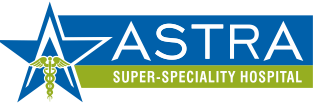- #1 Nephrology Hospital in Konanakunte
Nephrology
Comprehensive, compassionate, and precision-driven kidney care for every stage of renal disease. At Astra Super Speciality Hospital, we provide expert diagnosis, dialysis support, and long-term management for complex kidney disorders—helping patients live healthier, longer lives.
Overview
Nephrology is the medical specialty focused on diagnosing, treating, and managing diseases of the kidneys. This includes chronic kidney disease (CKD), acute kidney injury, electrolyte imbalances, hypertension-related kidney damage, kidney stones, urinary tract disorders, and systemic diseases such as diabetes and lupus that affect renal function. Nephrologists also play a critical role in dialysis care and pre- and post-kidney transplant management.
Recognized as one of the best Nephrology hospitals in Bangalore, Astra Super Speciality Hospital delivers comprehensive kidney care with an emphasis on early detection, slowing disease progression, and improving quality of life. With advanced diagnostics, a modern dialysis center in Bangalore, and an experienced multidisciplinary team, we provide seamless care from early-stage kidney disorders to advanced renal failure.
Conditions We Treat
We provide specialized care for a wide range of kidney and urinary tract conditions — from manageable disorders to life-threatening renal failure.
Chronic Kidney Diseases (CKD)
We manage progressive loss of kidney function through early diagnosis, medication, diet, and dialysis planning to delay or avoid end-stage kidney disease.
Conditions we treat includes – Chronic Kidney Disease (CKD), Diabetic Nephropathy, Hypertensive Nephrosclerosis, Glomerulonephritis, Polycystic Kidney Disease, Proteinuria, Hematuria, End-Stage Renal Disease (ESRD).
Acute Kidney Conditions
We treat sudden loss of kidney function due to infection, trauma, drug toxicity, or dehydration using timely interventions and supportive therapy.
Conditions we treat includes –Acute Kidney Injury (AKI), Drug-Induced Nephrotoxicity, Sepsis-related AKI, Dehydration-Induced AKI, Rhabdomyolysis, Acute Glomerulonephritis, Urinary Tract Obstruction.
Electrolyte & Fluid Imbalance
Kidney dysfunction can cause dangerous fluid and electrolyte shifts. We treat imbalances through intravenous therapy, medication, and diet-based approaches.
Conditions we treat includes – Hyperkalemia, Hyponatremia, Metabolic Acidosis, Hypercalcemia, Dehydration, Edema, Fluid Retention, Acid-Base Disorders.
Kidney Stones & Urinary Disorders
We manage stone formation and related complications using imaging, medication, hydration therapy, and urology support when surgery is required.
Conditions we treat includes – Kidney Stones, Ureteral Stones, Nephrolithiasis, Recurrent UTIs, Hematuria, Renal Colic, Urinary Obstruction, Cystitis (Supportive Nephrology).
Dialysis-Related Conditions
We monitor and treat patients who require temporary or long-term dialysis, ensuring safe vascular access and managing side effects.
Conditions we treat includes – Dialysis-Dependent CKD, AV Fistula Complications, Peritonitis (in PD), Anemia in Dialysis, Electrolyte Shifts, Blood Pressure Swings, Infections Related to Dialysis.
Systemic & Autoimmune Renal Conditions
We treat kidney conditions arising from systemic diseases using immunosuppressive and nephrology-specific treatment plans.
Conditions we treat includes – Lupus Nephritis, Vasculitis-Associated Kidney Disease, Amyloidosis, Goodpasture’s Syndrome, IgA Nephropathy, Scleroderma Kidney Crisis, Diabetic Nephropathy.
Check Doctor's Availability & Book Appointment
Services, Treatments & Procedures
We provide a full spectrum of diagnostic, medical, and supportive nephrology services—focused on kidney preservation, dialysis care, and transplant readiness.

Hemodialysis & Peritoneal Dialysis
We provide facility-based hemodialysis and assisted peritoneal dialysis for patients with ESRD or severe kidney failure, ensuring sterile technique, fluid monitoring, and nutritional support.
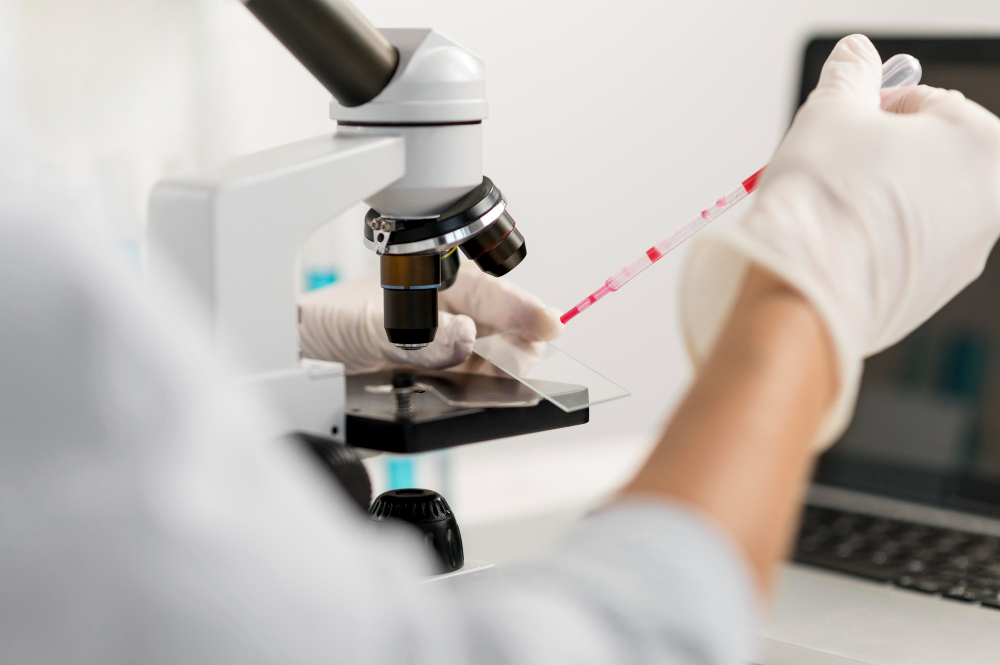
Kidney Biopsy & Diagnostic Imaging
A minimally invasive procedure used to evaluate unexplained kidney dysfunction, protein loss, or hematuria, allowing accurate diagnosis of glomerular and tubular diseases.
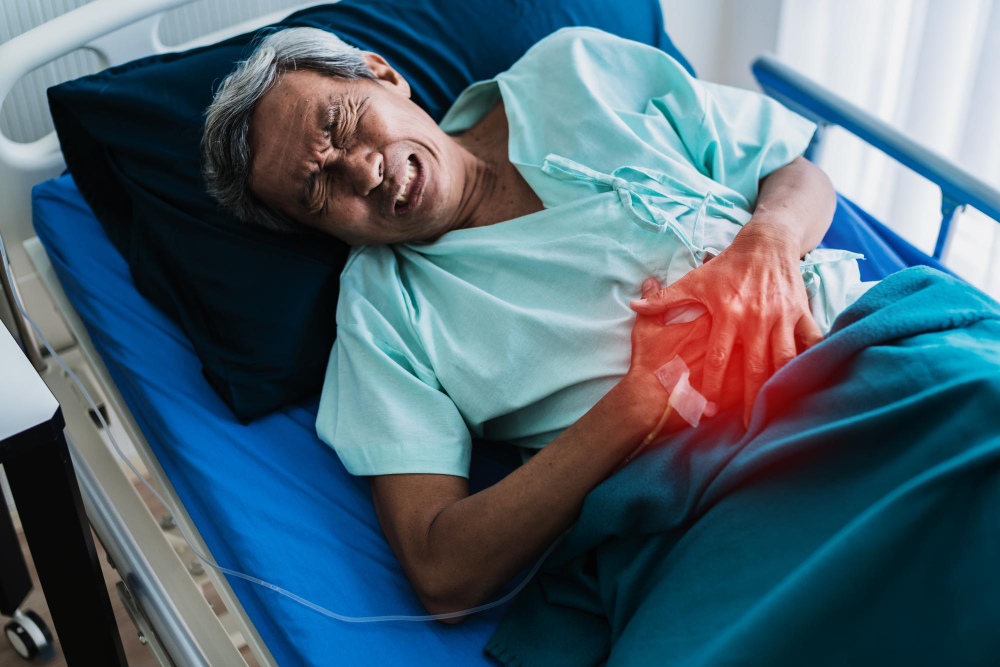
Diabetic & Hypertensive Kidney Disease Management
Chronic kidney conditions caused by diabetes or high blood pressure are managed through medication, lifestyle changes, BP/sugar control, and kidney function tracking.
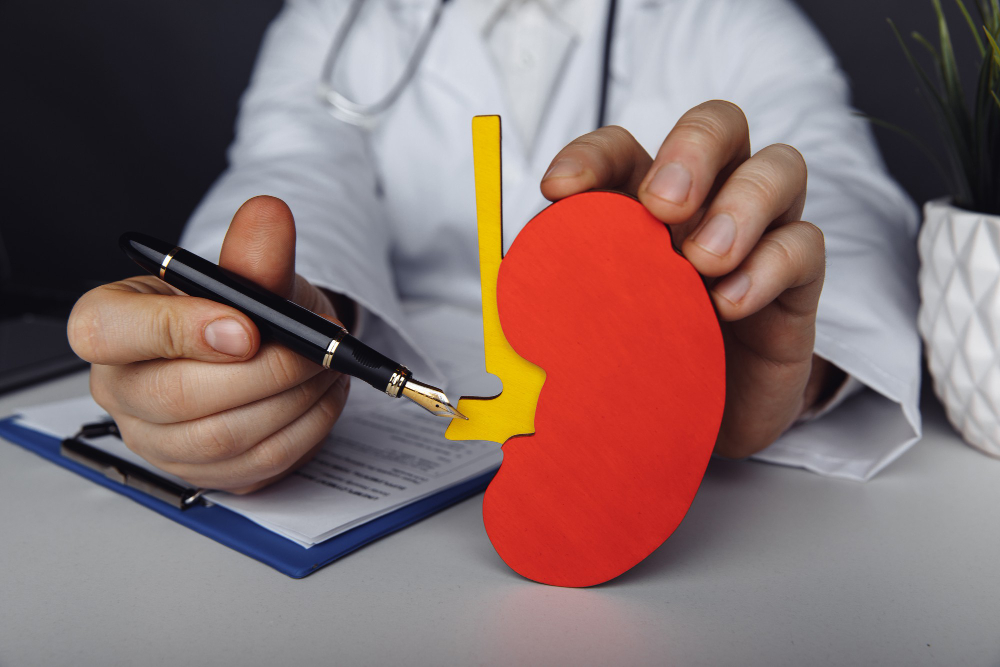
Dialysis Access Care
We ensure proper vascular access for dialysis by creating and maintaining AV fistulas or catheters, and treating infections or blockages for uninterrupted dialysis sessions.
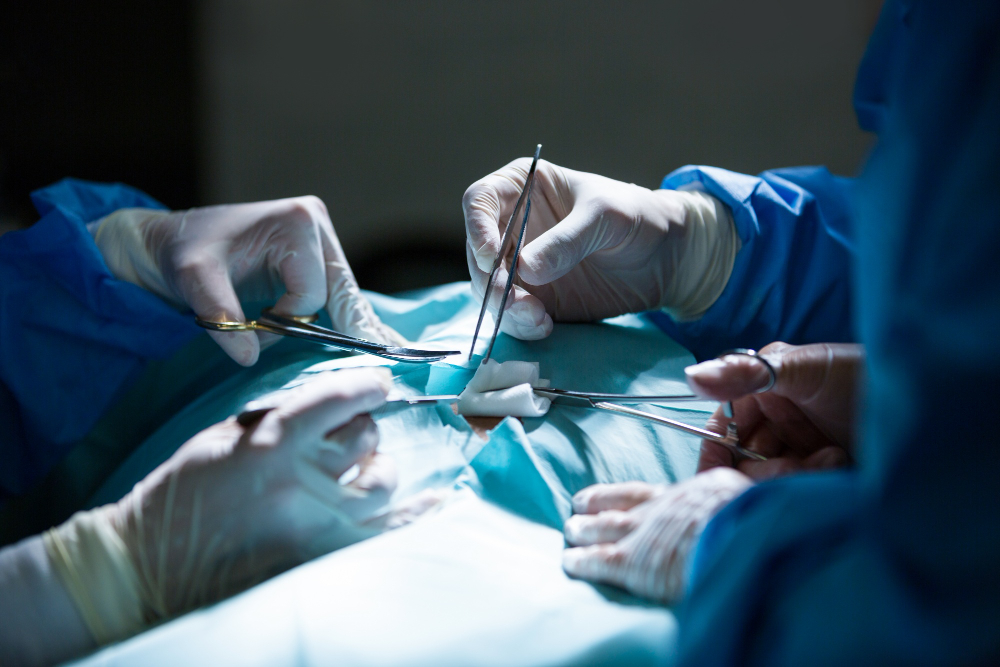
Kidney Transplant Coordination & Pre/Post-Transplant Care
We assist in evaluating candidates for rental transplant and support post-operative care through immunosuppressive therapy, rejection monitoring, and infection prevention.
- Top Kidney Specialists
Meet Our Experts
Our nephrology team brings together medical, dietary, and dialysis expertise to provide complete kidney care — from prevention to advanced treatment and transplant support.
- FAQ's
Frequently Asked Questions
Here you will find answers to the most common questions about Astra Super Speciality Hospital, services provided by us and how we can help you with your health needs.
What are the early signs of kidney disease I shouldn’t ignore?
Early symptoms include swelling in the feet or face, foamy urine, fatigue, loss of appetite, and high blood pressure. Early screening with blood and urine tests is key.
How often should dialysis be done if kidneys are not working?
Most patients require dialysis 2–3 times per week depending on kidney function, lab values, fluid levels, and overall health. Your nephrologist will set the ideal frequency.
Can chronic kidney disease be reversed or stopped?
CKD cannot usually be reversed, but with early diagnosis, lifestyle changes, and proper treatment, its progression can be slowed, and complications can be minimized.
What foods should be avoided in kidney disease?
Patients with kidney issues should limit sodium, potassium, phosphorus, and high-protein foods. Your nephrologist or renal dietitian will give you a personalized diet plan.
What’s the difference between hemodialysis and peritoneal dialysis?
Hemodialysis filters your blood through a machine, usually at a center. Peritoneal dialysis uses the lining of your abdomen and can be done at home. Each has pros and cons based on your condition and lifestyle.
